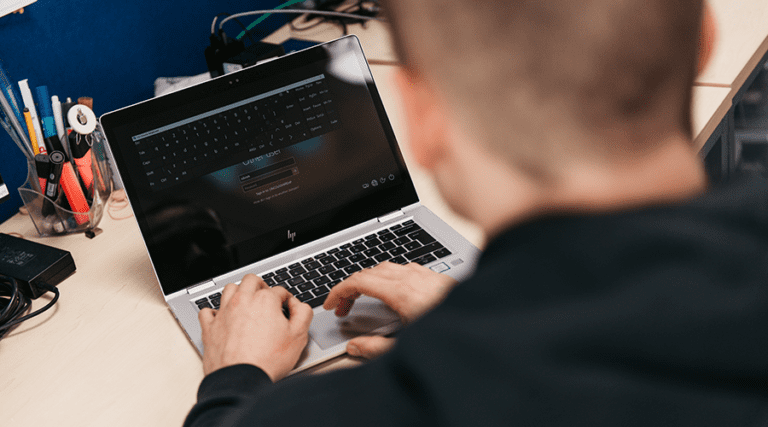
Posted 26 October 2023
Protecting your Digital Self: Cyber Awareness Month
In our digital age, looking after our online presence is just as important as looking after ourselves in person. As we celebrate Cyber Awareness Month, it’s crucial to talk about the unsung heroes of online security: passwords!
Passwords are the keys to our virtual kingdoms, and they help to protect your identity, finances, and keep you safe while browsing online.
The Power of a Strong Password
Imagine your password as a shield that guards your online identity. A strong password is lengthy, unique, and combines uppercase and lowercase letters, numbers, and symbols. Avoid using easily guessable information like birthdays or names – nothing people could guess or could figure out based on commonly known information about you. The stronger your password, the harder it is for cybercriminals to crack.
Check, Don’t Regret: Has Your Password Been Compromised?
Ever wondered if your password has fallen into the wrong hands? Thankfully, tools like Have I Been Pwned allow you to check if your email or password has been compromised in a data breach. If you find your details on one of these lists, change your password immediately. It’s like changing the lock on your door after realising your have misplaced your house key!
Password managers like Google Password Manager can also help to keep your passwords safe and secure, generate random secure ones that you don’t need to remember, and actively check for breaches and warn you when your password needs changing.
Stay Wise, Stay Safe Online
- Beware of Phishing Attempts: Cybercriminals often use convincing emails or websites to trick you into revealing sensitive information. Always double-check the senders email address and be cautious about clicking on unfamiliar links. If something seems off, don’t proceed or ask a friend for their opinion.
- Keep Software Updated: Regularly update your laptop/phone/tablet and applications. Software updates often contain security patches that protect you from the latest threats.
- Use Two-Factor Authentication (2FA): 2FA adds an extra layer of security by requiring a second form of verification, such as a text message or authentication app, in addition to your password. It means that even if someone knows your password, they can’t access your account without the additional code sent to your phone or generated by an app.
- Be Mindful of Public Wi-Fi: Avoid accessing sensitive information when connected to public wi-fi networks. Hackers can intercept data on unsecured networks, potentially compromising your privacy.
Remember, cyber awareness is a lifelong commitment to staying vigilant and informed. By adopting these practices, you are not only protecting yourself but also contributing to a safer digital community for everyone.
Stay safe, stay secure, and let’s make the interest a place we can all trust!